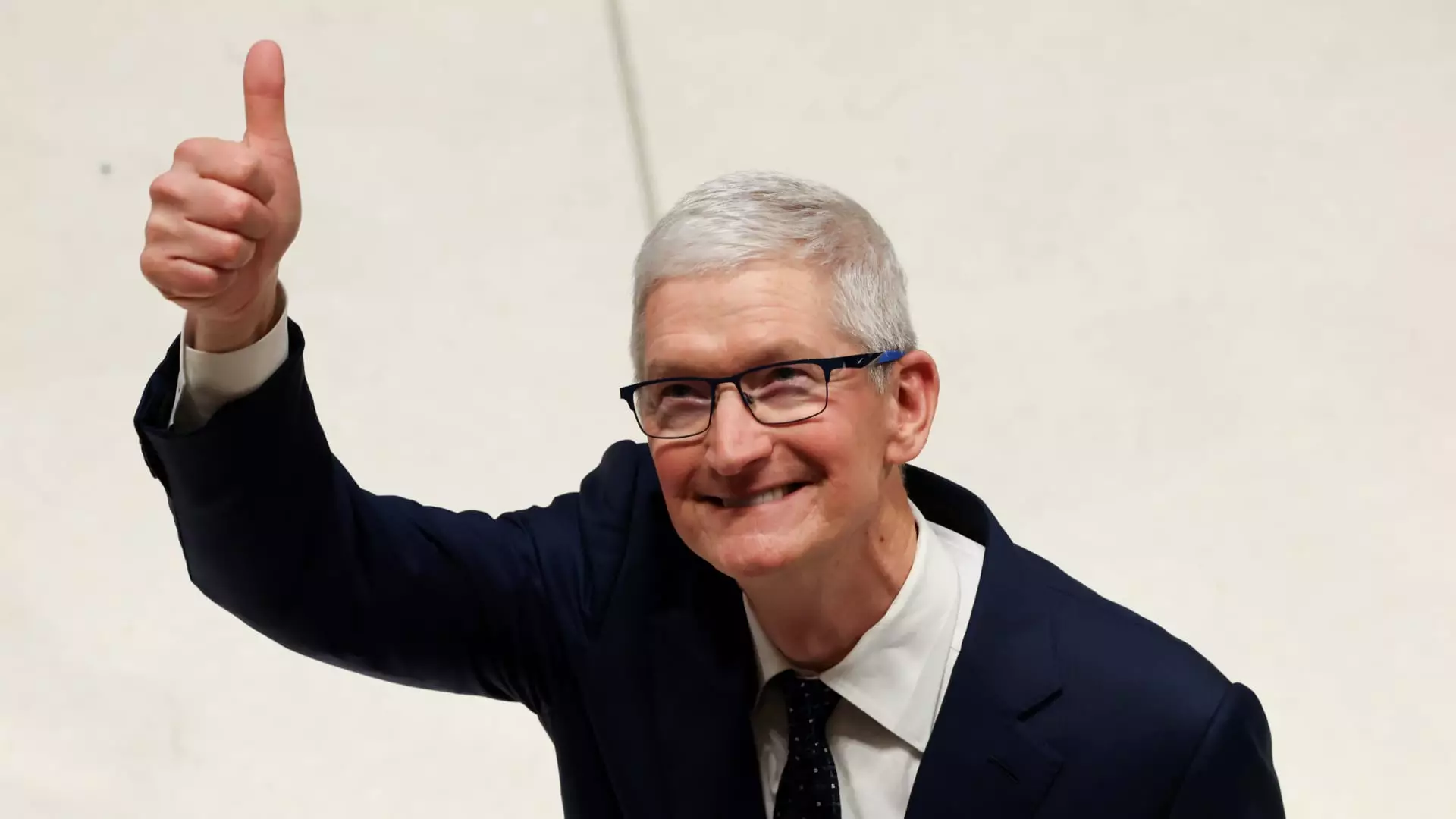In a landmark decision, Apple has emerged victorious in its legal struggle against the U.K. government’s attempts to enforce the creation of a “backdoor” into iPhone users’ data. The Investigatory Powers Tribunal recently ruled against the government’s effort to keep the details of this high-profile appeal under wraps. The ruling is particularly significant as it underscores the importance of transparency in legal proceedings, especially when the public’s right to know is at stake. Judges Rabinder Singh and Jeremy Johnson’s determination to uphold the principle of open justice, despite assertions from the government regarding national security risks, highlights a crucial moment in the ongoing debate about privacy rights versus state surveillance.
The Implications of a Backdoor
The U.K. government is advocating for legislation that would compel tech companies, such as Apple, to create vulnerabilities—technical “backdoors”—to access encrypted data. This demand raises severe concerns not only about user privacy but also about the broader implications for data security. Apple’s Advanced Data Protection (ADP) system employs end-to-end encryption, a security measure meant to protect users by ensuring that only they can access their personal data. Allowing government access to this encryption opens up a Pandora’s box of potential abuses and breaches, making personal data more vulnerable to unauthorized access.
Despite vocal criticisms, governments worldwide, including those in the U.S. and EU, have expressed discontent with strong encryption practices, fearing they obstruct law enforcement from combating criminal activities. However, this perspective often overlooks the crucial question of balance: how can we protect society from crime while simultaneously safeguarding individual rights?
Privacy vs. Surveillance: A Growing Tension
The ongoing tug-of-war between privacy rights and government surveillance is reaching an alarming crescendo. The Investigatory Powers Act of 2016, empowering the U.K. government to force tech companies into compliance with weakening encryption standards, has sparked backlash from not only tech giants but also privacy advocates. Apple’s decision to withdraw its ADP system for U.K. users after the government’s controversial demands reflects a growing concern that the push for surveillance tools is compromising digital security for millions.
Tech companies and privacy campaigners have long argued that creating backdoors only serves to invite malicious actors to exploit these vulnerabilities. Apple’s staunch refusal to comply with weakening security measures illustrates its commitment to protecting customer data against external threats—a stance that resonates with many users in an era marked by frequent and damaging data breaches.
Consumer Expectations and Corporate Responsibility
At the heart of this debate lies the expectations of consumers in an increasingly digital world. Users today demand transparency and accountability from service providers, especially concerning their privacy and data security. Apple’s public statement regarding its commitment to user privacy reverberates with consumers, making the company a beacon of hope in the fight against intrusive governmental measures.
When Apple announced the withdrawal of its privacy-enhancing features for U.K. consumers, the message was clear: a choice must be made between government compliance and user protection. As Apple succinctly stated in its blog post, the absence of a backdoor is non-negotiable. As a result, customers now have fewer options for securing their information in the U.K., sparking discussions about the ethical responsibilities of corporations in the face of demanding governments.
The Role of the Judiciary as an Arbiter of Rights
The judges’ ruling in favor of transparency exemplifies the judiciary’s crucial role in mediating between government interests and citizens’ rights. Upholding the tenets of open justice serves not only to inform the public but to protect individuals from blanket governmental powers that may endanger civil liberties. This case reinforces the importance of an independent judiciary capable of challenging state authority when it encroaches upon fundamental rights.
The ramifications of this ruling extend beyond Apple and the U.K., potentially influencing legal frameworks around the world. As the digital landscape continues to evolve, the responses from both governments and corporations will need to adapt, ensuring that citizens’ rights remain at the forefront of any discourse on technology and privacy.
Apple’s assertive defense of privacy rights in the U.K. stands as a powerful reminder of the ongoing friction between state power and individual freedoms in our digital age.


Leave a Reply